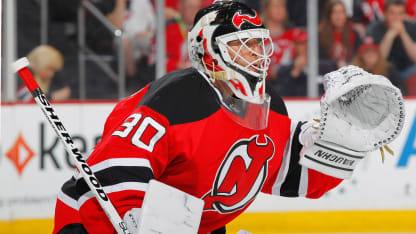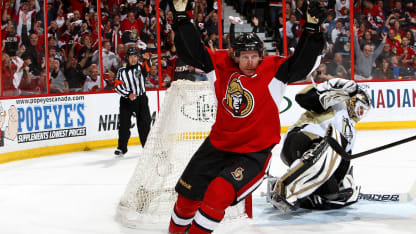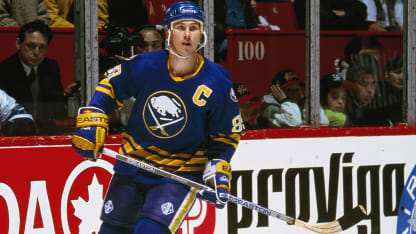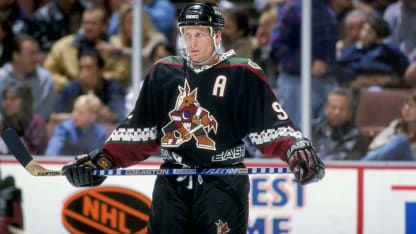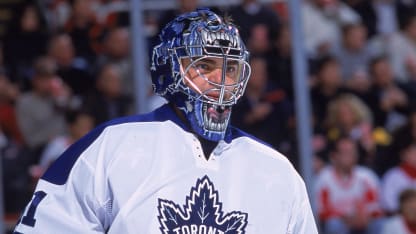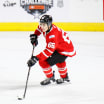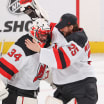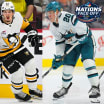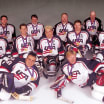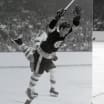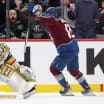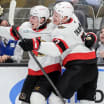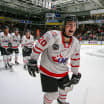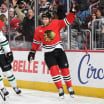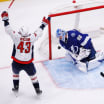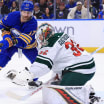Brodeur is the NHL all-time leader in wins (691) and shutouts (125). He won the
Calder Trophy
as the top rookie in the League in 1994, the
Vezina Trophy
as the top goalie four times (2003, 2004, 2007, 2008) and the
Stanley Cup
three times with the Devils (
1995
,
2000
,
2003
).
"Look, it's a big thing as an athlete when your class is coming up," said Brodeur, an assistant general manager for the St. Louis Blues, with whom he played his final NHL season in 2014-15. "You hope to get in, but I don't think you grow up dreaming about it. And I don't think when you are playing you say, 'I'm playing to get into the Hall of Fame.'
"But once your career is over, you look back at the body of work of what you achieved. And you hear what people around you say too, about how you deserve to get in.
"As it gets closer, too, it's great to see how happy the inductees are. I love seeing that. And working with the Blues, I work with (defenseman)
Al MacInnis
, who got in years ago (2007).
"All those things get you excited about it."
